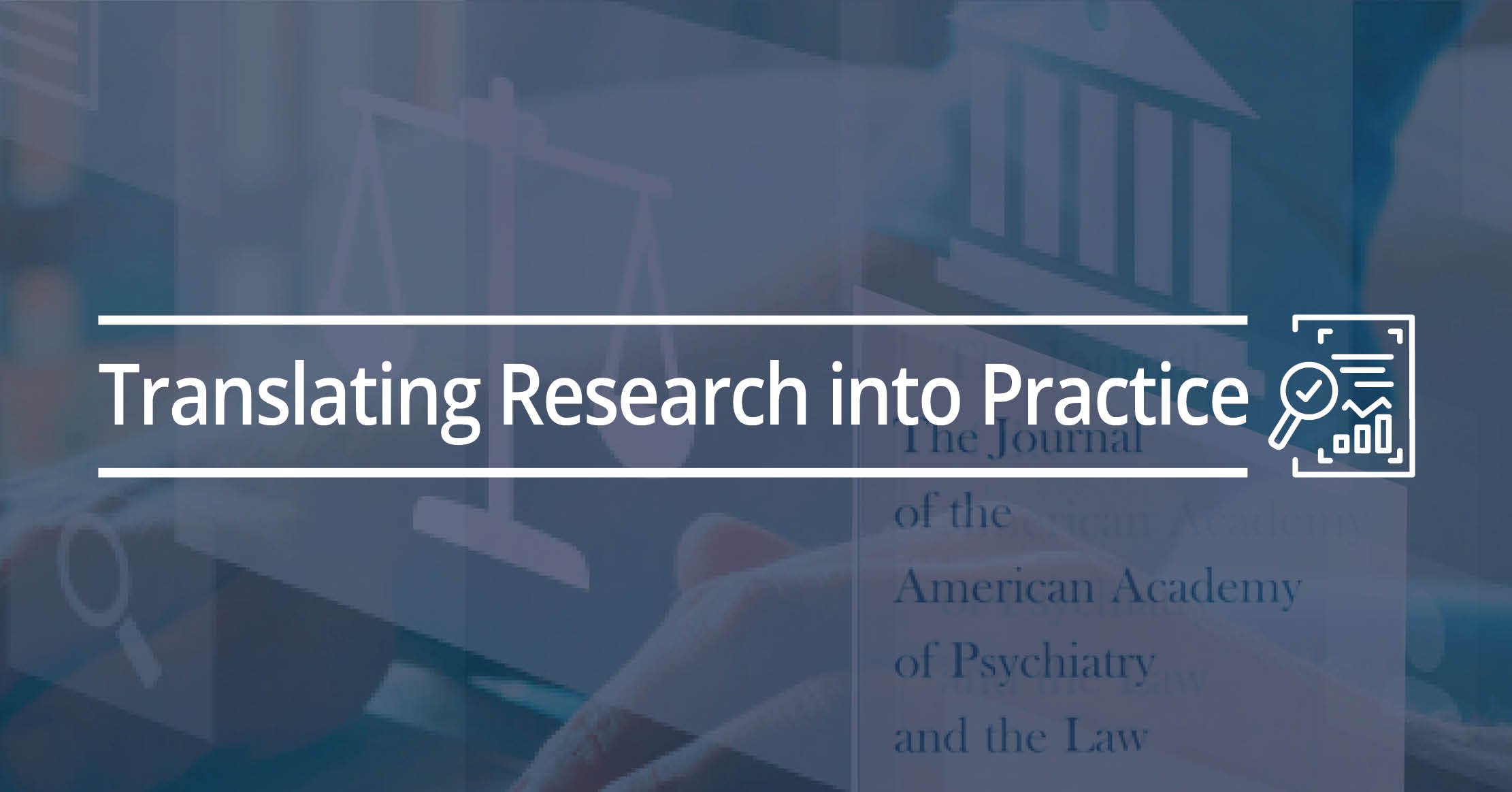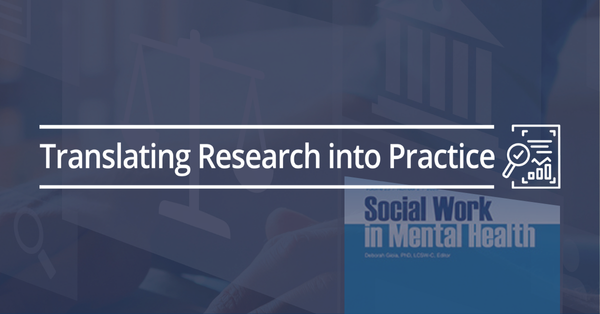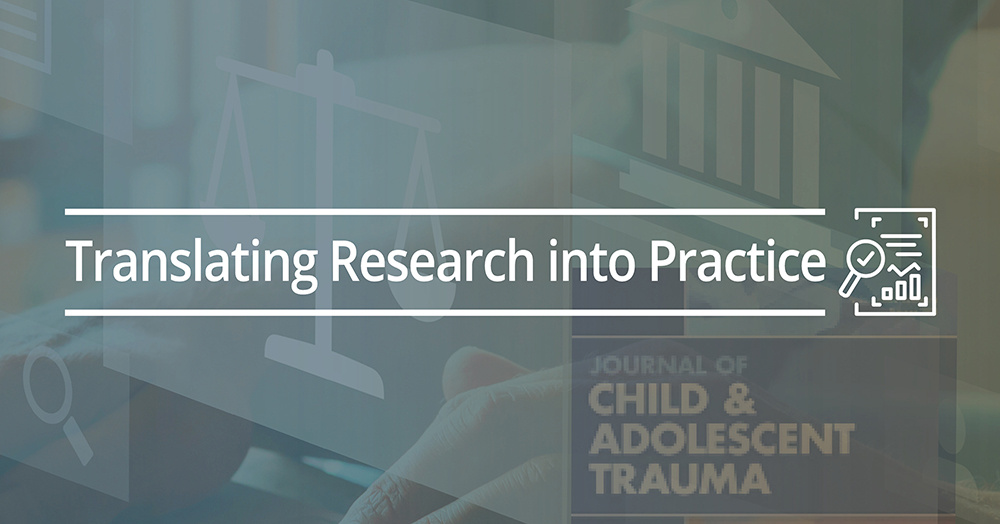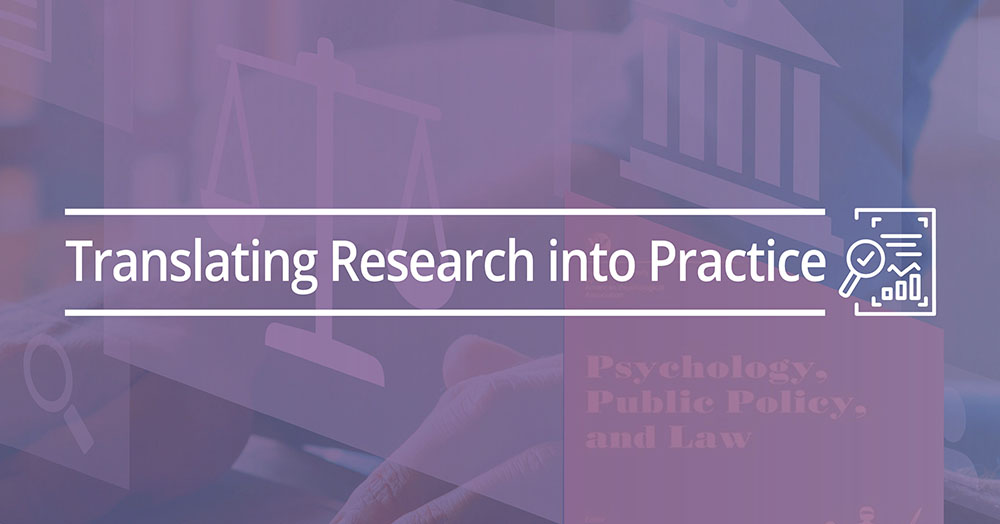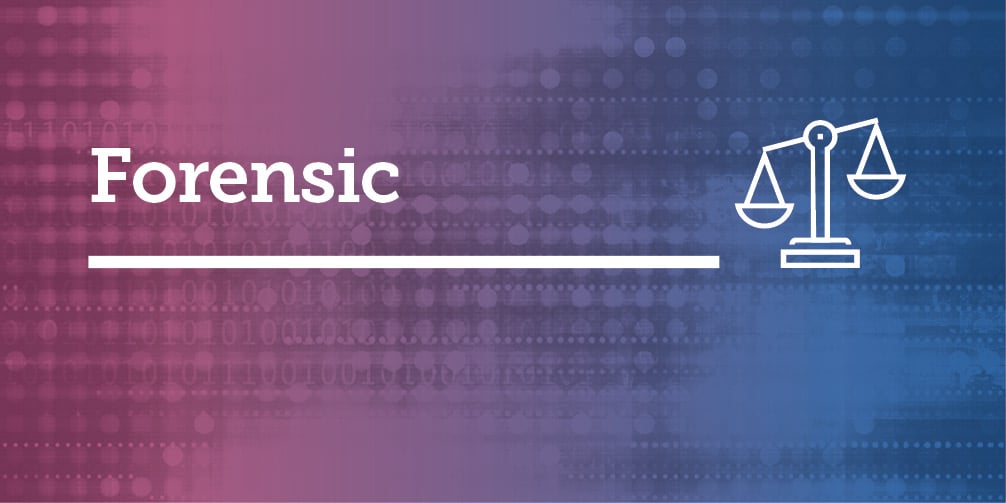Featured Article
Article Title
Forensic Mental Health Evaluators’ Unprocessed Emotions as an Often Overlooked Form of Bias
Authors
Abstract
There has been robust interest in the influence of cognitive and implicit biases that can hamper a forensic mental health evaluator’s ability to provide objective opinion evidence. By contrast, literature exploring the biasing effects of the examiner’s unacknowledged and unprocessed emotions has been scanty. Borrowing from concepts originating from psychodynamic treatment literature, this article explores how a forensic mental health evaluator’s emotional and transferential reactions can affect the assessment process and formulation of findings. We make the case that forensic mental health evaluators are not impervious to their own mental health concerns, including vicarious trauma. We ultimately argue for a cultural shift in forensic practice that acknowledges the unavoidable existence and influence of a forensic evaluator’s human emotions, personal reactions, and conflicts, so that strategies can be developed for compassionate but careful management in training programs, supervision, and beyond. We suggest that self-reflection, sometimes with the aid of consultation and psychotherapeutic support, is not only important for clinical trainees but also could serve forensic practitioners throughout their careers, especially during challenging junctures in their personal and professional lives.
Keywords
bias; countertransference; forensic mental health assessment; training and consultation; vicarious trauma
Summary of Research
This research article underscores the complexity of the Forensic Mental Health Assessment (FMHA) and emphasizes the need for diverse skills depending on the specific context and legal questions involved. Unlike clinical work, FMHA requires evaluators to provide impartial opinions, a crucial aspect given the far-reaching impact of their assessments in reports and testimony.
Cognitive biases, particularly confirmation bias and fundamental attribution error, are often discussed in relation to FMHA. Confirmation bias involves seeking data that aligns with initial impressions while disregarding conflicting information. Fundamental attribution error entails emphasizing stable and personal factors over contextual ones when judging others' behavior. These biases can pose challenges in forensic mental health practice, and efforts are being made to mitigate their influence.
Throughout the article the lack of attention in the literature to the impact of an FMHE's emotions on the assessment process is highlighted. Drawing parallels to clinical work, this journal article introduces the concepts of transference and countertransference, which are well- recognized in psychotherapy. The authors argue that these dynamics might also play a role in forensic work, potentially introducing biases during interactions with examinees and communicating assessment findings.
The authors advocate for a cultural shift in forensic practice that acknowledges human emotions' inevitable presence and influence. They argue that similar to clinical practice, recognizing and processing evaluators' emotional responses could provide valuable additional assessment data. The proposal is for strategies that allow for compassionate yet careful management of the interpersonal demands inherent in FHMA. Ultimately, the goal is to foster a more comprehensive and nuanced approach to evaluations, acknowledging and addressing the emotional dimensions involved in forensic work.
The Forensic Mental Health Evaluation (FMHE) profession's self-selection process focuses on psychologists and psychiatrists. Typically, individuals aspiring to become FMHEs begin by pursuing general clinical training in mental health-related disciplines. It is suggested that some professionals enter these fields as a form of "me-search" to address their emotional wounds, leading to the concept of "wounded healers" or individuals grappling with similar difficulties as the general population. Evidence indicates that a significant portion of mental health professionals, including those in clinical, counseling, and school psychology, may have a history of mental health difficulties. Prior research has suggested that over 80 percent of respondents in these fields disclosed a lifetime history of mental health issues, with nearly half having a diagnosed mental health-related disorder.
Interestingly, mental health professionals may face pressure to conceal their challenges due to existing stigma within the field. Despite this, the text notes that a clinician's personal history and emotional vulnerability can impact their professional effectiveness. To mitigate this interference, clinical training programs often recommend or require students to undergo individual psychotherapy as part of their training. This is seen as a proactive measure to address potential challenges arising from personal history and emotions, ensuring clinicians are better equipped to navigate the complexities of their professional roles.
Emotional Perils of Forensic Work: Forensic assessments, whether in criminal or civil contexts, can be distressing and potentially vicariously traumatizing for FMHEs, who often deal with the traumatic experiences of both victims and offenders. Feelings of indifference and less mature defense mechanisms may increase the risk of experiencing vicarious trauma. Exposure to traumatic content can lead to changes in their professional identity, worldview, and beliefs. Limited professional experience and a lack of personal therapy may contribute to the development of vicarious trauma. Research also suggests that FMHEs, trained to be “objective,” may face pressure to appear emotionally healthy, potentially leading them to minimize or deny their challenges. This pressure is analogous to the ongoing stigma faced by professionals. Overall, the emotional perils of forensic work, particularly the risk of vicarious trauma, highlight the importance of understanding and addressing the mental well-being of professionals in this field.
Countertransference: Countertransference, typically applied in clinical settings, involves the examiner's intense personal reactions or opinions, such as arousal, attraction, fear, or anger. Scholars emphasize the importance of examiners recognizing and addressing these emotional reactions. Some trainees may hide or deny countertransference reactions to be seen as valid forensic professionals. While resistance exists to applying "countertransference" to FMHA due to concerns about broadening and diluting the term, emotional reactions in forensic work, whether labeled as such or not, are acknowledged as inherent. Recognizing and understanding emotional reactions is crucial for maintaining objectivity and conducting a valid forensic assessment.
Translating Research into Practice
Forensic Interviewing: Emotional reactions within the context of Forensic Mental Health Assessments (FMHA) can be complex, influenced by various factors beyond an evaluator's inherent psychological vulnerability. Some situations or examinees inherently evoke strong reactions from most examiners, irrespective of their personal history. The dynamic nature of forensic interviewing, while not intended to be therapeutic, involves a nuanced interplay between the FMHE and the examinee. This interaction can significantly impact the data obtained during assessments and subsequently influence the psycholegal opinions rendered.
Establishing rapport with an examinee is a delicate balance, particularly given the high stakes involved in forensic assessments. The power differentials inherent in FMHA can create conditions ripe for examinees to project their own experiences onto the examiner, viewing them as either rescuers or aggressors. How the examiner reacts to these projections can vary, with potential consequences for the assessment process.
The concept of empathy, both cognitive and affective, becomes paramount in FMHA. Maintaining a balance between sensitivity to the examinee's context and emotional state while upholding necessary professional boundaries is a delicate task. Some researchers propose the idea of "detached concern" a form of cognitive empathy, as a means for FMHEs to strike this balance, providing the necessary sensitivity without compromising objectivity.
Affiliative reactions, such as subtle expressions of disdain, can have tangible effects on the rapport between the examiner and examinee. Instances of prejudiced opinions or negative feelings may lead to ruptures in communication and limit the examinee's willingness to disclose pertinent information, thus hindering the overall assessment process.
Moreover, for FMHEs dealing with vicarious trauma or their trauma history, their emotional distress can influence their approach during forensic interviews. In criminal cases, examiners might inadvertently avoid asking detailed questions about violent offenses. In contrast, in both civil and criminal cases, trauma-related inquiries might be insufficient due to examiners' attempts to prevent eliciting their emotional responses. Such emotional avoidance can potentially contribute to incomplete or inaccurate assessments.
Formulating Opinion: The Forensic Mental Health Evaluator (FMHE) is the crucial filter for all assessment data. Cimbora and Krishnamurthy introduce the concept of "psychometrics of the self" emphasizing the impact of the evaluator's identity and experiences when assessing individuals from diverse backgrounds. They stress the significance of evaluator self-awareness to improve the reliability and validity of observations, combating implicit biases. This concept extends to exploring the evaluator's personal history and emotional legacy, particularly when strong emotions may influence their interpretation of assessment data.
The adversarial nature of Forensic Mental Health Assessment (FMHA) practice introduces a fertile ground for strong emotions and competing pressures. The concept of "adversarial allegiance"; describes the inclination of FMHEs to align with the party that retains them, potentially leading to biases that influence opinions and favor the retaining party's legal outcomes. Financial motivations or a desire for future retention may drive this allegiance, while competition, in a case, might be a less conscious factor. The personal history and emotional reactions of FMHEs are relevant in their interactions with examinees and their dynamics with lawyers.
Acknowledging the omnipresence of emotional and transferential reactions in forensic mental health practice is essential. While eliminating all biasing reactions is impossible, a professional ethos promoting emotional reflexivity, ethical training, and addressing cognitive biases is crucial for FMHEs. This ethos is fundamental in training programs and throughout FMHEs' careers to prevent vicarious trauma and enhance resilience.
Other Interesting Tidbits for Researchers and Clinicians
Recommendations from this journal article include educating trainees on vicarious trauma, emphasizing self-care, and integrating professional consultation and psychotherapy into forensic training. It also suggests a cultural shift that values evaluator self-awareness and encourages the processing of emotions to reduce bias in FMHA and enhance forensic assessment work. In addition, it highlights the potential utility of leveraging processed emotions to enhance professional work.

















